Stop killing our rivers
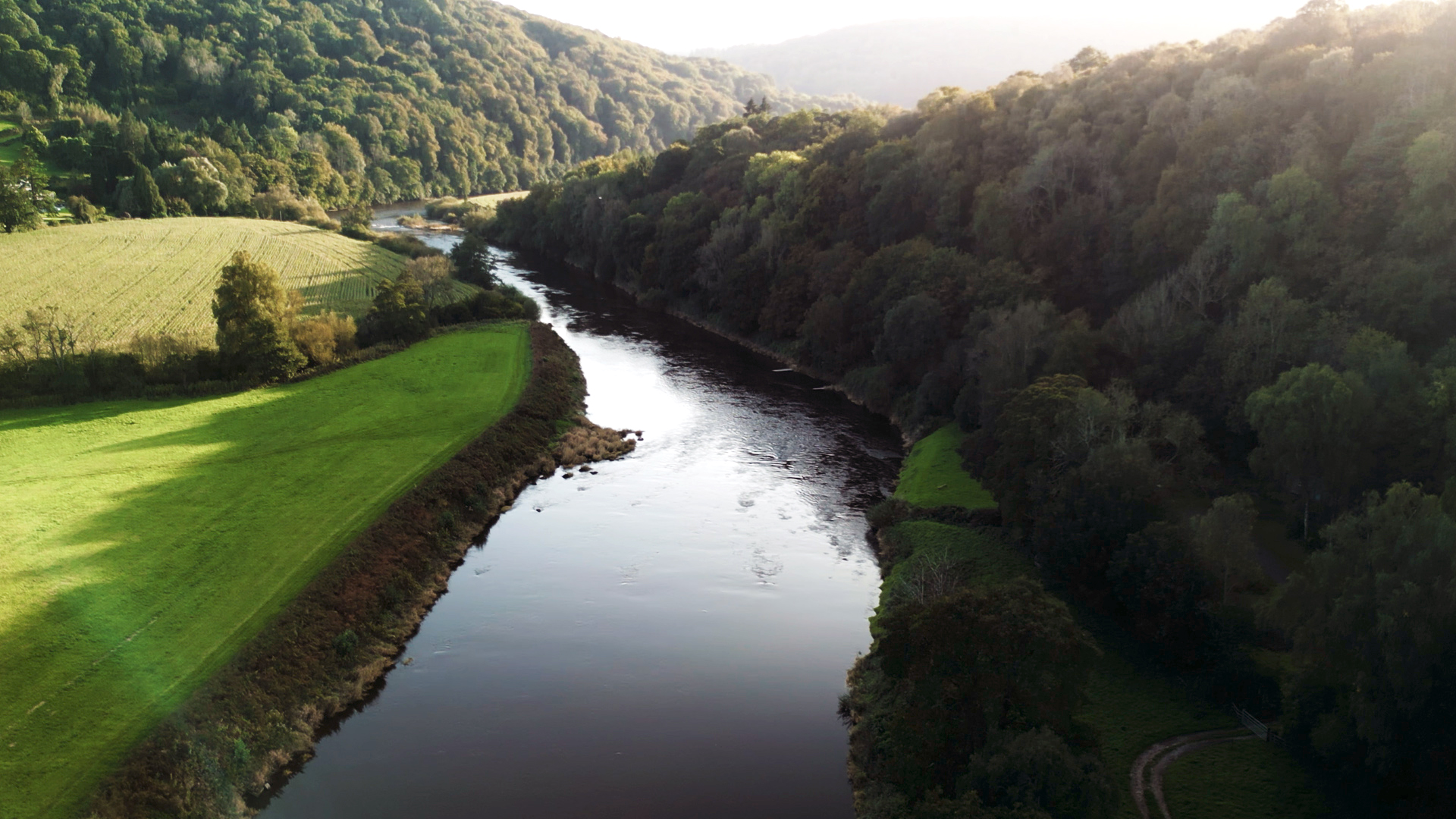
Stop killing our rivers
Agriculture is the top cause of river pollution in the UK.
We want the UK governments to say no to new intensive chicken farms.
How does farming cause river pollution?
Intensive chicken farming creates huge amounts of phosphate rich manure which is then applied on nearby fields to fertilise crops. Phosphate levels in many soils are already too high and, when it rains, it runs off into surrounding rivers. Here, it causes algal blooms which are devastating wildlife and plants.
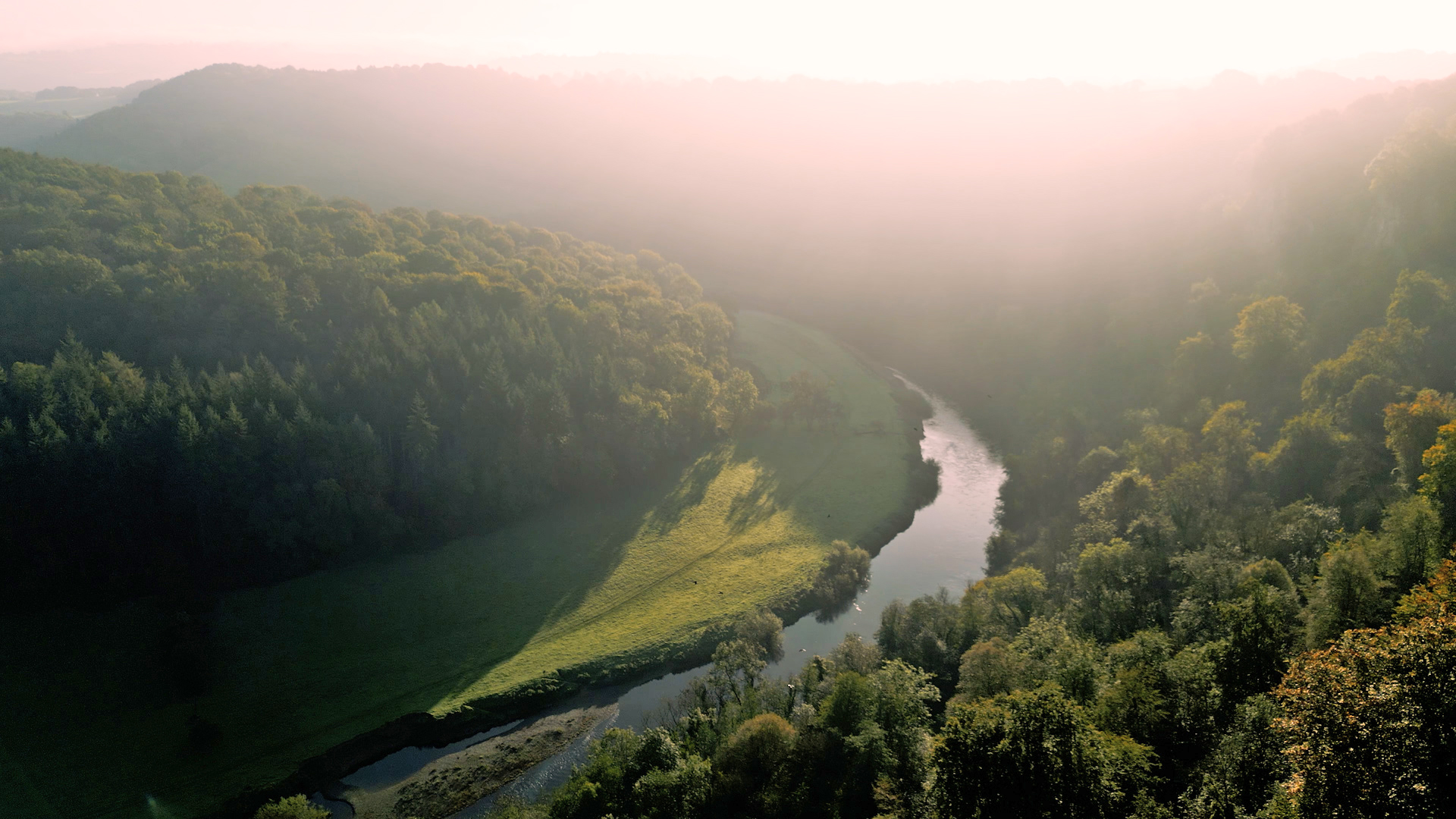
Help us stop pollution from killing our rivers
The River Wye is facing extinction. Will you help with a donation today?
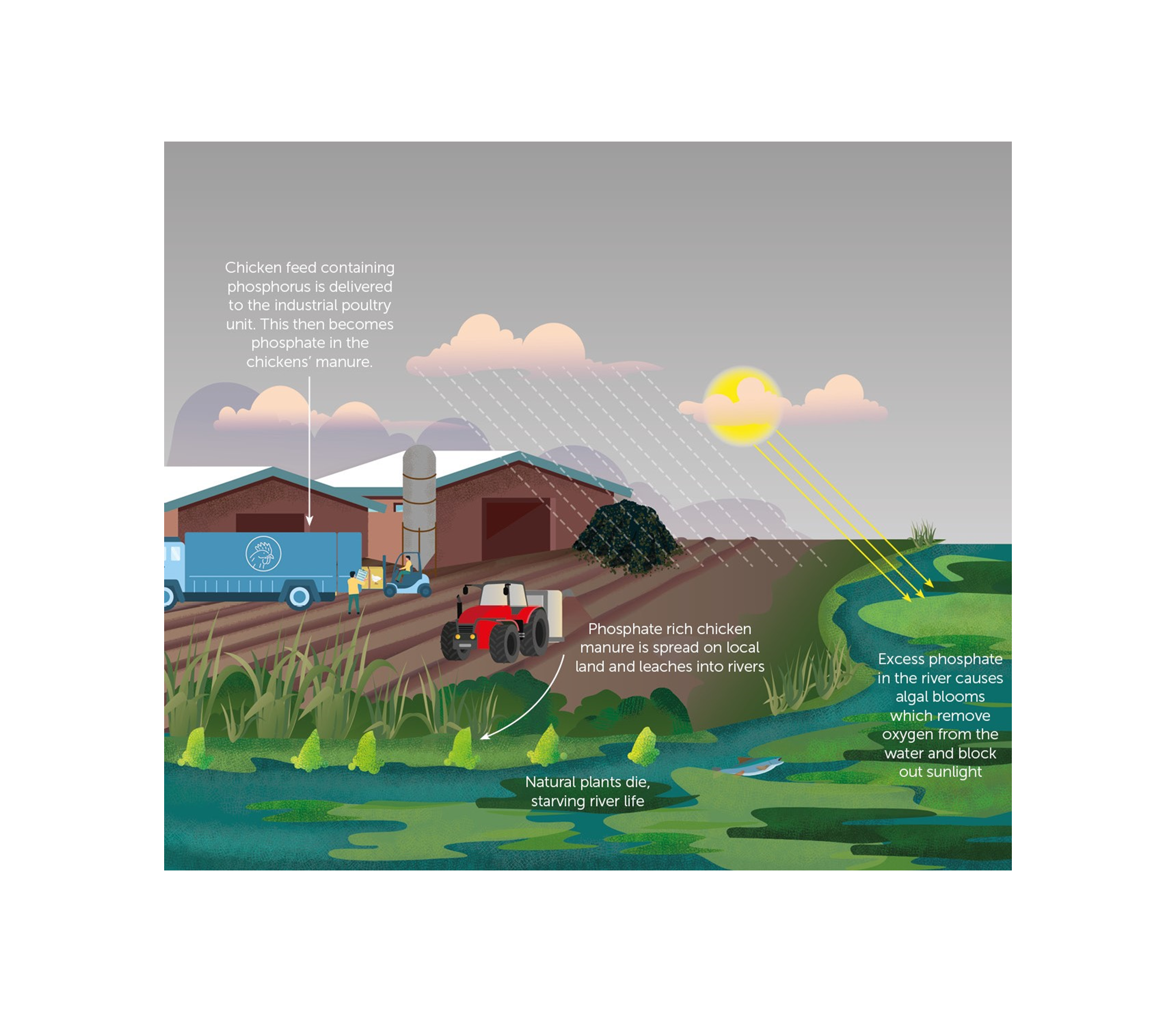
Rivers at risk from agricultural pollution
The River Wye in south-west England has been devastated by the run-off from local intensive chicken farms. The area has a huge number of farms, producing over 20 million chickens at a time. Urgent action is now required to save the river and stop the issue spreading to rivers around the UK.
We have identified 10 other rivers in England and Wales that are also at risk – located dangerously close to where governments have issued permits for new chicken farms.
How can we stop river pollution from farming?
We want to end water pollution from intensive chicken farms in the UK. We need your help. Sign our petition today and ask Government to:
• ban new intensive chicken farms
• help chicken farmers move towards sustainable farming practices
• reduce how much intensively farmed chicken we produce and eat in the UK
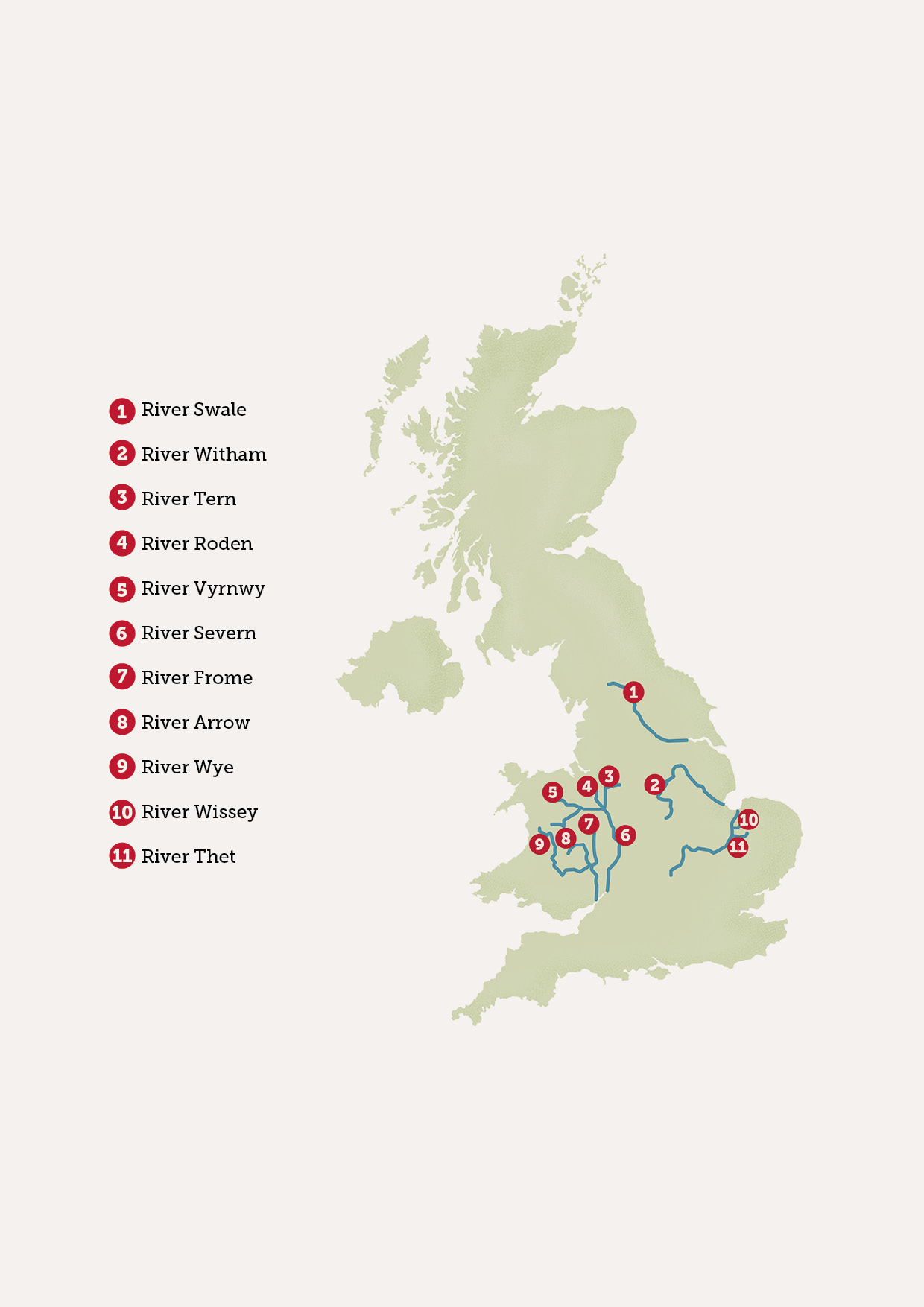
Why are there so many intensive chicken farms?
In the UK, we eat a huge amount of intensively-farmed chicken. We produce 1 billion chickens a year. In the last ten years, intensive chicken farms (or IPUs – intensive poultry units) have increased by 30 percent.
Chicken farming in the UK is controlled by large agribusinesses, such as Avara and Cargill. They provide everything to local farmers – from chicks to feed and processing – under contract to the big supermarkets.
Legislation on IPUs is limited. There are loopholes and a lack of enforcement. Local authorities are not equipped to deal with planning applications. This means large numbers of IPUs can be built, even when they might cause river pollution and other harmful effects.
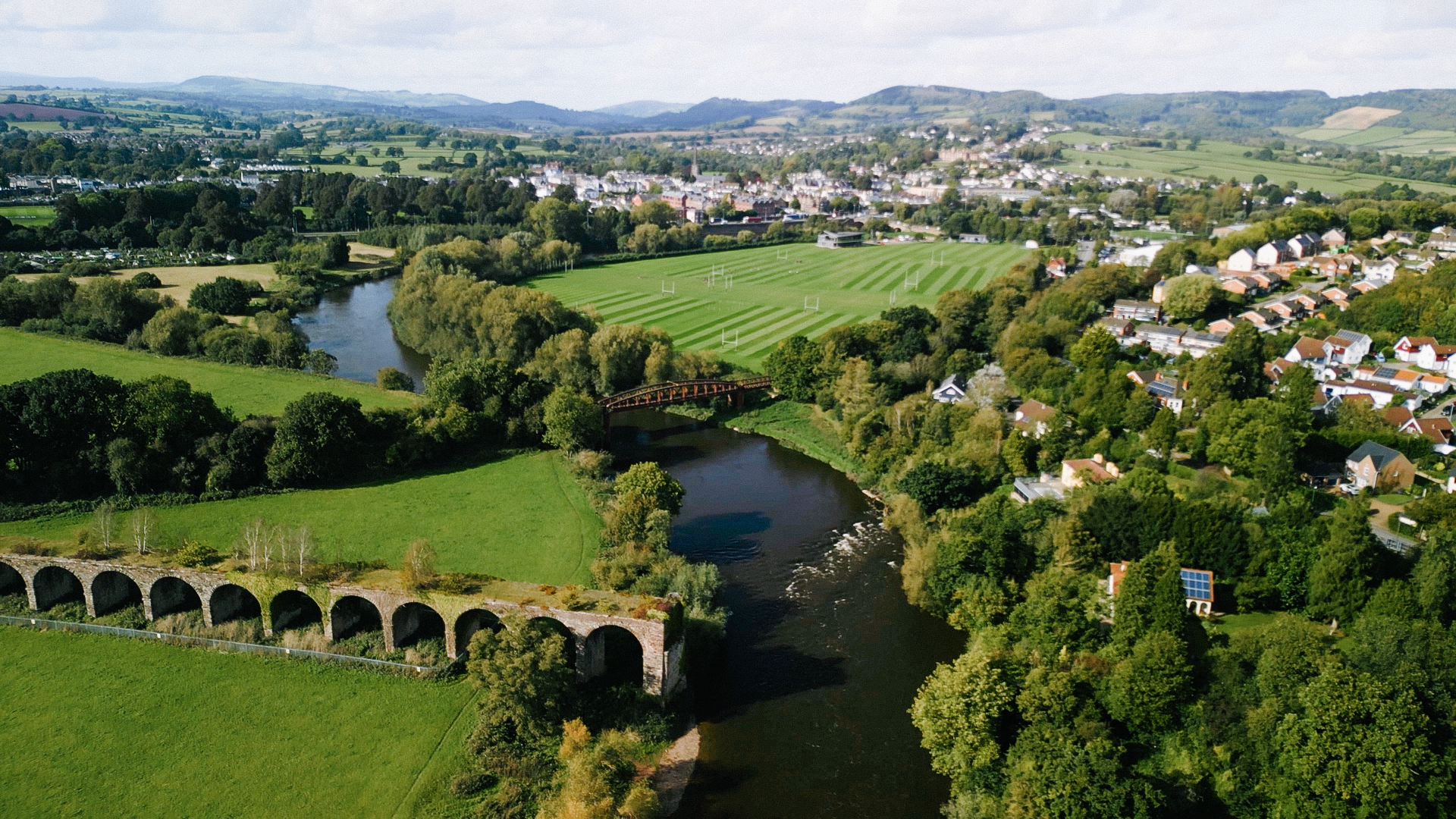
An agroecological future
Recent modelling shows us that a transition to agroecology in the UK is possible. It could provide a sufficient and healthy diet to a growing population using ecological farming that's free of pesticides and artificial fertilisers. Plus, it could tackle the growing issues of climate impacts and wildlife decline.
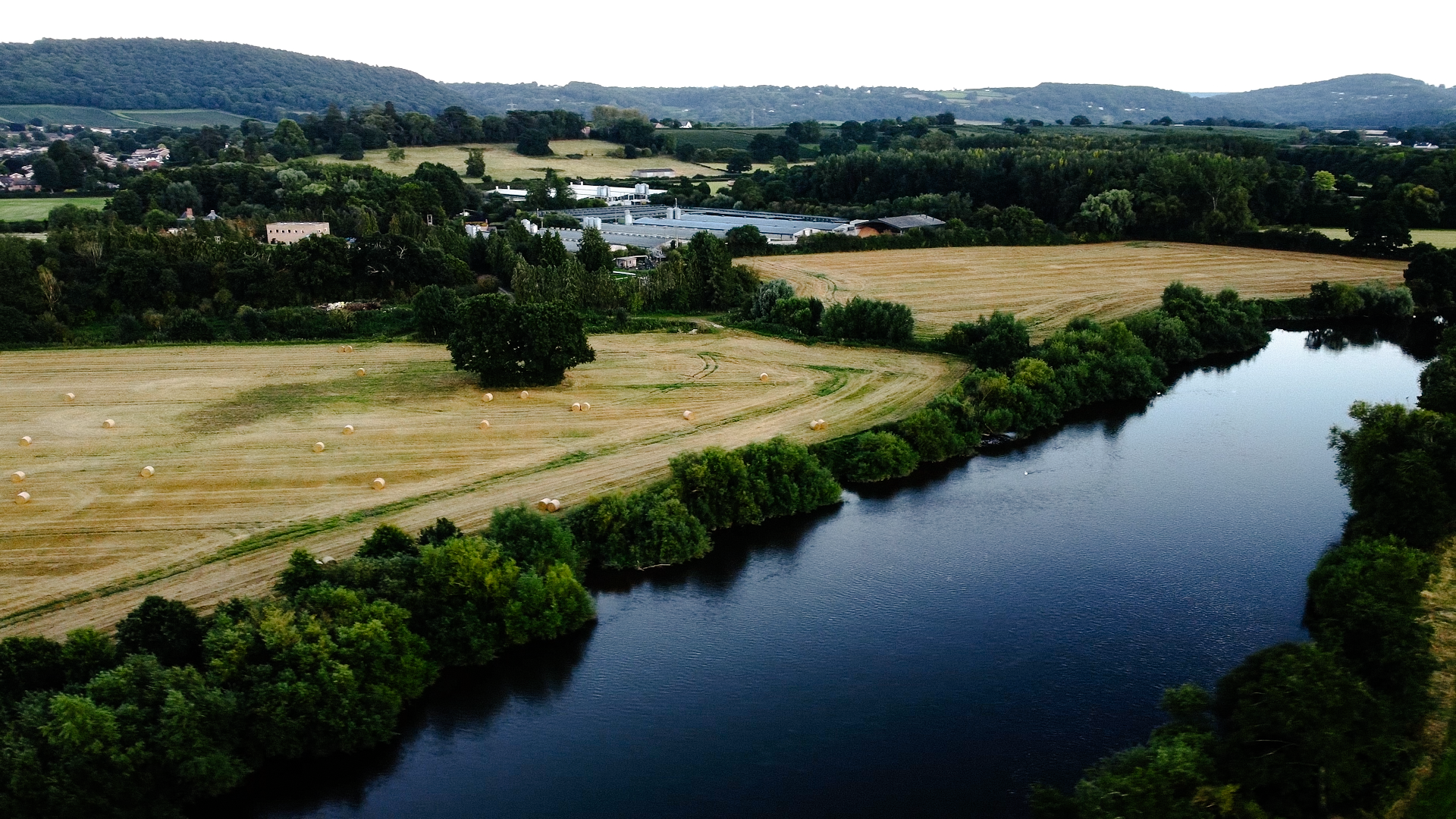
Who is to blame?
More than 20 million chickens are farmed in the Wye catchment each year. Of those, 16 million are produced in intensive poultry units (IPUs) under contract to Avara Foods, one of the UK's largest food businesses. They supply chicken and other poultry into retail, hospitality, schools and hospitals.
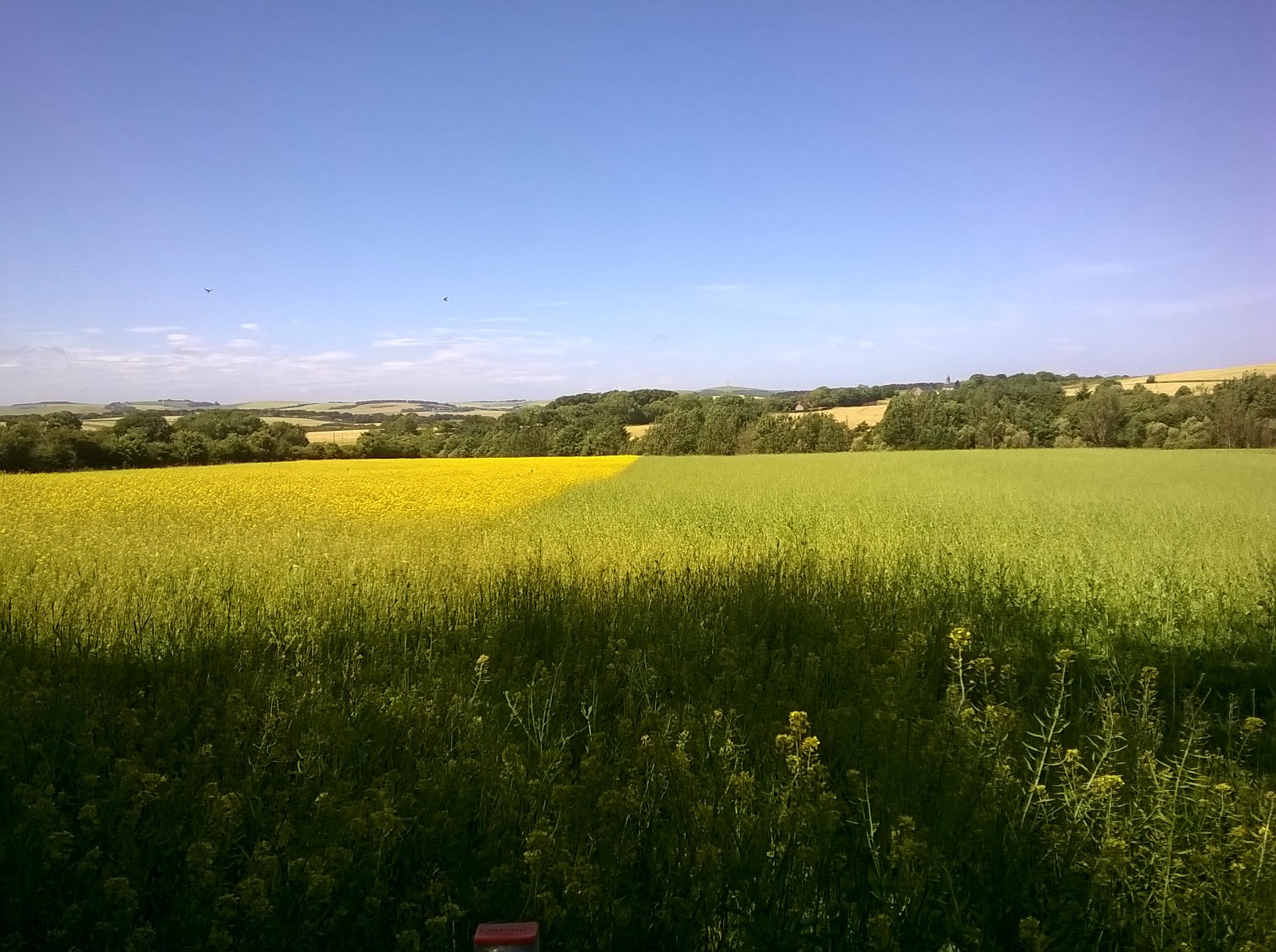
Better rivers: an end to pollution
Agriculture is the single largest cause of river pollution in the UK, contributing 40 percent. The other leading causes of river pollution in the UK are sewage discharge, industrial waste and litter.

